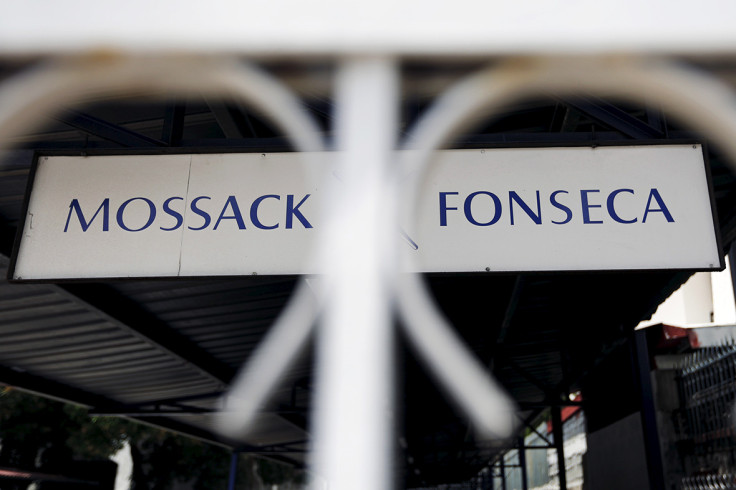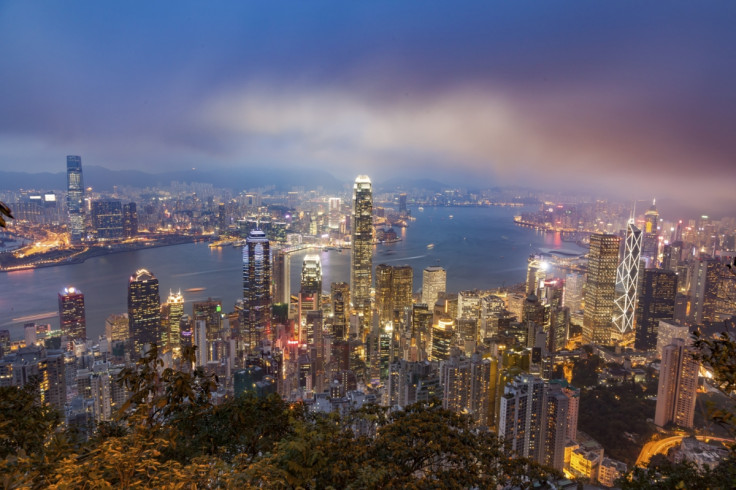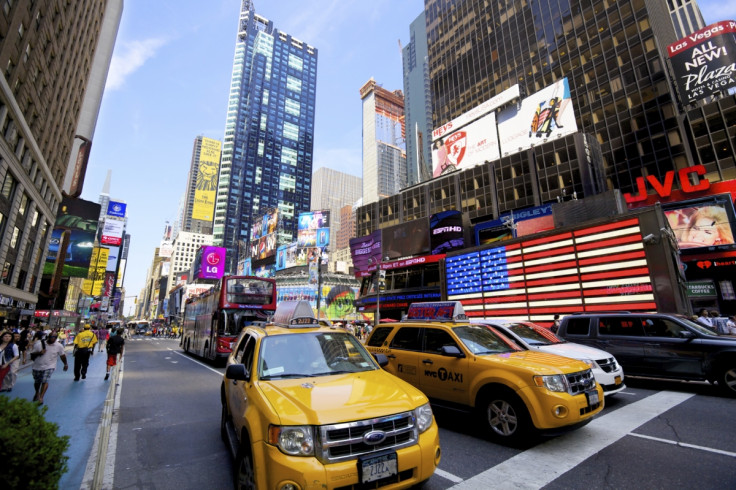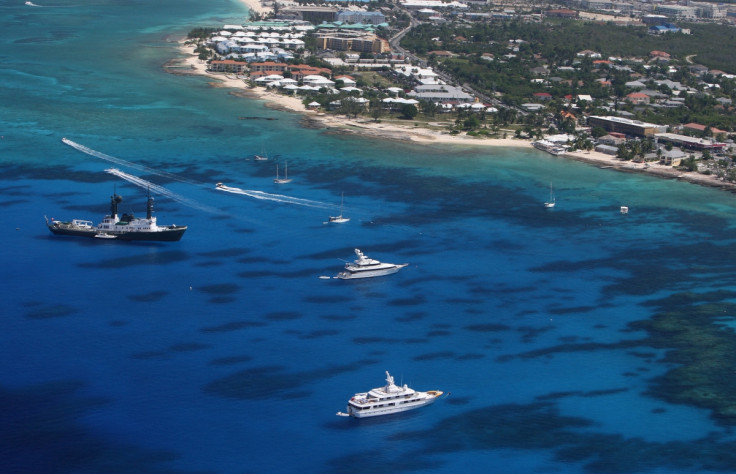Panama Papers: The five worst places for financial secrecy - and they aren't all tax havens

This week saw one of the biggest leaks of confidential documents in history, which appears to show the numerous ways the global elite are able to exploit the secretive offshore banking system. More than 11 .5 million files – around 2.6 terabytes of data – were leaked from the database of the Panamanian law firm Mossack Fonseca, sparking worldwide upheaval.
Company director Ramon Fonseca has denied any wrongdoing after the information – a cache significantly larger than the 2010 Wikileaks revelations – was revealed, describing the Panama Papers leak as "an international campaign against privacy", according to Reuters.
And while the spotlight is on the small, central American country of Panama, the state is just one of dozens of financially secretive jurisdictions around the world. An estimated $21 to $32 trillion of private financial wealth is hidden – untaxed or lightly taxed – in what the Tax Justice Network describes as "secrecy jurisdictions" around the world.
"The world's most important providers of financial secrecy harbouring looted assets are mostly not small, palm-fringed islands as many suppose, but some of the world's biggest and wealthiest countries," the TJN states. "Rich OECD member countries and their satellites are the main recipients of or conduits for these illicit flows."
The Financial Security Index, most recently compiled by the TJN in 2015, is a comprehensive list of the key "secrecy jurisdictions" worldwide. So which are the worst offenders?
Switzerland

Unsurprisingly, Switzerland – which set up its secretive banking sector in 1934 – tops the 2015 Financial Secrecy Index. Although it has committed to the OECD's global standards of automatic information exchange, implementation will not happen for another two years. According to the TJN, it will also be selective about which countries it will share information with.
Hong Kong

Hong Kong is ranked higher than all of the major British-linked secrecy jurisdictions. The global offshore financial centre's services include tax exemptions and the use of opaque companies and trusts as a form of financial secrecy. "China's control over Hong Kong has shielded it from global transparency initiatives, and it still allows owners of bearer shares – vehicles for some of the world's worst criminal activities – to remain unidentified," the TJN states.
USA

The USA's history of financial secrecy goes back to when the 1921 Revenue Act first exempted interest income on bank deposits owned by non-US residents. The TJN states the US is a "cause of concern" because for decades, it has "hosted vast stocks of financial and other wealth under conditions of considerable secrecy".
Mark Hays, a senior advisor with the financial transparency NGO Global Witness, told the Washington Post: "We often say that the US is one of the easiest places to set up so-called anonymous shell companies."
Singapore

The city-state held around one-eighth of the global stock of total offshore wealth in 2015, according to the Boston Consulting Group. The previous year, an IMF report estimated more than 95% of all commercial banks in Singapore were affiliates of foreign banks. This is a "testament to its extreme dependence on foreign – and offshore – money," the TJN states.
Cayman Islands

The British Overseas Territory has embraced some transparency initiatives, and consequently has moved down the FSI. It is, however, the world's sixth largest banking centre with 200 banks and more than 140 trust companies. It is still extremely secretive despite adopting transparency measures – including, as the TJN points out, "a law that can lead to prison terms not only for handing over information to unauthorised parties, but merely for asking for it".
© Copyright IBTimes 2024. All rights reserved.





